The central drama in global politics is the rivalry between China and the United States— specifically, in whether and when Beijing will overtake Washington as the planet’s dominant political power. China, the world’s second-largest economy, recently tested a hypersonic missile, prompting fears in Washington that Beijing might be gaining a military edge. China has meanwhile enticed some 140 countries to join its Belt and Road Initiative (BRI) to boost economic development, and some observers ask whether the People’s Republic and its authoritarian allies are “winning.” But China also appears to face a growing profusion of problems. Evergrande, one of the country’s largest property developers, is near bankruptcy with around $300 billion in debt. GDP growth from the second quarter of 2021 to the third quarter slowed to 0.2 percent, well behind the 2-percent growth rate in the U.S. Major tech firms such as LinkedIn, Fortnite, and Yahoo are leaving the Chinese market, despite the potential customer base of some 1.2 billion people. Rising income inequality is eroding social mobility. China’s international position is faltering, as more than a dozen countries have abandoned the BRI, and negative views of China are growing in opinion polls globally. Australia, which had long cultivated amicable ties with Beijing, took a more antagonistic stance in September by signing a defense pact with the United States and United Kingdom that will sell U.S. nuclear-powered submarines to Canberra. What’s going on?
Victor Shih is the Ho Miu Lam Chair in China and Pacific Relations at the University of California, San Diego, and the author of Factions and Finance in China: Elite Conflict and Inflation. In Shih’s view, China’s economic and global strength peaked years ago. The root of China’s decline, he says, is the financial bubble that the country’s economy rests on. Many Chinese cities and companies, like Evergrande, can’t pay back their loans, so every year they pile on more debt to make their repayments. From Shih’s perspective, the country still has a leading position in some industries, and in arms production, but these successes mask the worsening problems underlying the economy. Social malaise is spreading throughout China, Shih says, as people feel that their hard work isn’t rewarded, and the country could be in for a major reckoning if the Communist Party starts to lose political control.
Michael Bluhm: Has China peaked?
Victor Shih: It’s a very good question. The peak was 2015. Xi Jinping launched the Belt and Road Initiative soon after taking power in 2013. There was a lot of action and lending in 2014 and 2015, but China lost $1 trillion from its foreign-exchange reserves throughout 2015 and 2016. After that, the Chinese government has become a lot more guarded about lending money to overseas projects.
The external influence and the optimism about China’s rising stature peaked in the 2015-16 period. After the election of Donald Trump, the U.S. began to impose trade and economic sanctions.
The Chinese Communist Party isn’t so worried about declining external influence. The Chinese government has learned that it needs to be more targeted in using financial leverage to gain diplomatic or political influence. The government is now focusing on economic influence overseas by being a major producer of vital parts in electronic products and heavy-industry machines.
The other focus is achieving military technological dominance—or at least parity—with the United States. By being the key producer of electronic and industrial goods, China can be indispensable; the world can’t afford to decouple with it. By achieving military dominance or parity with the United States, it can guarantee dominance, at least in the Asia-Pacific region.
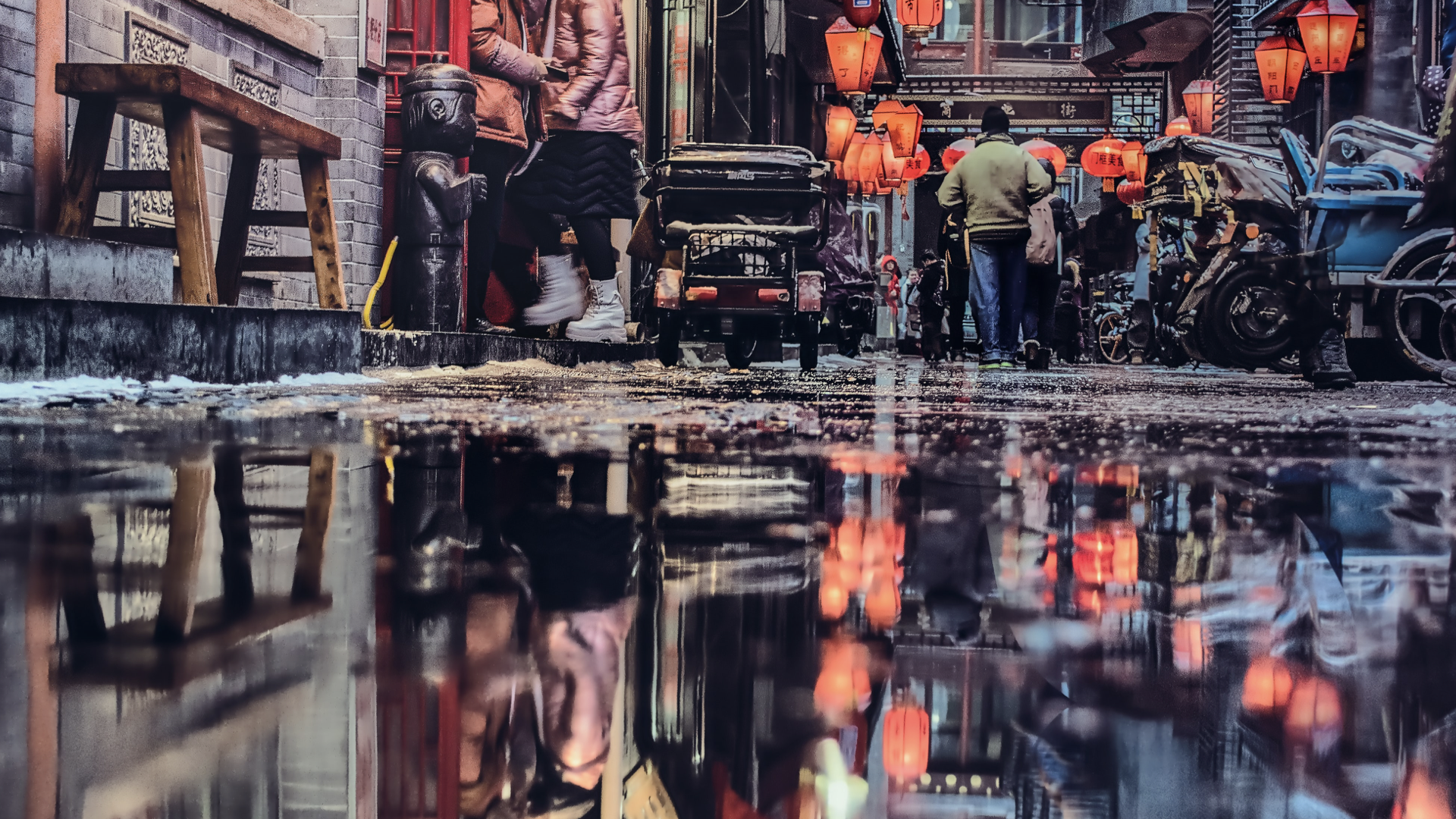
In certain ways, its influence and power continue to grow—with the recent missile testing alarming policymakers in the United States. Even though diplomatically or in external influence it may not be doing as well as before, in other crucial aspects, its power is still growing.
Bluhm: The problems of the Chinese property-development giant Evergrande, once widely praised in China as a model company, have gotten worldwide coverage. Like a lot of other firms—and households—in China, Evergrande is mired in debts it can’t repay. What’s happening in the Chinese economy here?
Shih: A fundamental problem has been the tremendous misallocation of capital in the banking system. That has led to a very sizable problem with non-performing loans. If a company can’t repay a debt, the Chinese banking system will automatically roll over the debt. A new loan is issued to the debtor company, and then the new loan is used to repay the existing loan plus other activities. This rolling-over has happened on a massive scale among state-owned enterprises and vehicles to finance local governments, which are still borrowing money very aggressively, especially in the aftermath of Covid.
That means the money supply has to grow a lot every year. If loans have to grow by 15 or more percent a year, then the money supply also has to grow at that level.
You can’t have an economy that just focuses on a narrow range of machinery parts and core technologies, and have everything else fall apart. The problems are real. You can’t wish them away.
People in China know that money is growing in quantity over time, so they may lose faith in the value of the money, and they may want to switch their Chinese renminbi into U.S. dollars or, increasingly, into cryptocurrency like Bitcoin. But the Chinese government is banning Bitcoin in China. Chinese people can’t convert the renminbi they hold into dollars or Bitcoin.
That’s a big vulnerability in the medium term. The only thing holding the system together is draconian capital control—and this capital control is held together politically. Because people believe that there’s a very strong authority in Beijing, they don’t dare violate the rules by sneaking billions of dollars out of China. Some people do, but the scale is manageable. But if people start to see the political control as weakening or gone for even a short period, you could see massive outflows.
Bluhm: For decades, the Chinese economy was known for its strong annual GDP growth rates, usually between 5 and 10 percent, and often exceeding 10 percent. But recent growth numbers are tepid, and you seem to be saying that much of the economic growth recorded now is just on paper. GDP is a blunt tool, to be sure, but how much is China’s economy really growing?
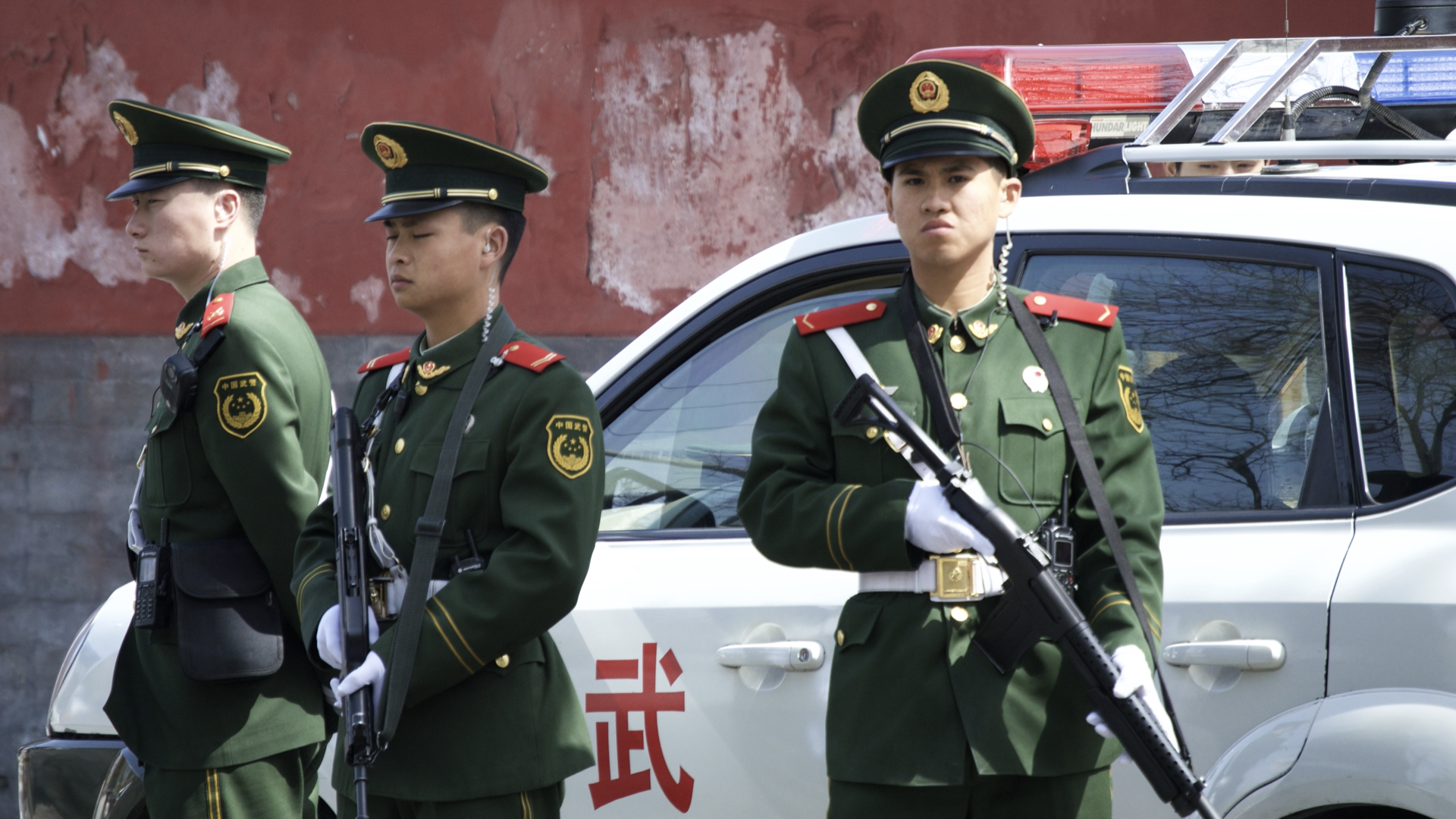
Shih: The reason growth is slowing partly has to do with years and years of capital misallocation. China is mainly a debt-financed economy. New economic activities are often financed by credit expansion. But because of years of credit going to projects that should not have gotten credit—bridges to nowhere, big sports stadiums that only get used once or twice—you have a lot of non-performing loans on the banks’ balance sheets.
The only way to not have a financial crisis is to constantly roll over those loans. A lot of this credit is expanding by 13 to 15 percent a year. Over time, the impact of that yearly credit increase on economic growth decreases—with a greater and greater share of the credit expansion going toward just paying interest on existing debt. It’s not financing new economic activities. It’s purely a financial transaction. It doesn’t add to GDP at all. This is part of the reason why we’re seeing this slowdown.
One solution is to expand credit at 20 or 30 percent a year, but then you get into this Weimar Germany scenario where inflation will become extremely high. The Chinese Communist Party doesn’t want that. They recognize that growth is going to slow down. Xi Jinping is fine with that.
The Chinese government is trying to sweep all the problems under the rug while still focusing the new marginal increase in credit on technological development—except it can’t do that, because a lot of the new marginal increase in credit has to go toward rolling over existing bad debt. So the government is trapped in a dilemma.
He’s thinking, That’s fine. There won’t be as many sports stadiums in China. We have so many already. Let’s focus the credit expansion on the development of key technologies so China can achieve an important role in the global production chain and military-technology dominance.
The focus has shifted to these core areas. You can’t have an economy that just focuses on a narrow range of machinery parts and core technologies, and have everything else fall apart. The problems are real. You can’t wish them away. They still constitute a huge burden on the financial system and the economy. They will continue to use up resources in the banking system until you fully recognize the problem.
You can write down 30 to 40 percent of the loans on the banks’ balance sheets as non-performing, and the government will issue debt to write down the problem. Xi Jinping’s posture is, If I do that, I can’t really have new credit going toward this technological development I want. The Chinese government is trying to sweep all the problems under the rug while still focusing the new marginal increase in credit on technological development—except it can’t do that, because a lot of the new marginal increase in credit has to go toward rolling over existing bad debt. So the government is trapped in a dilemma.
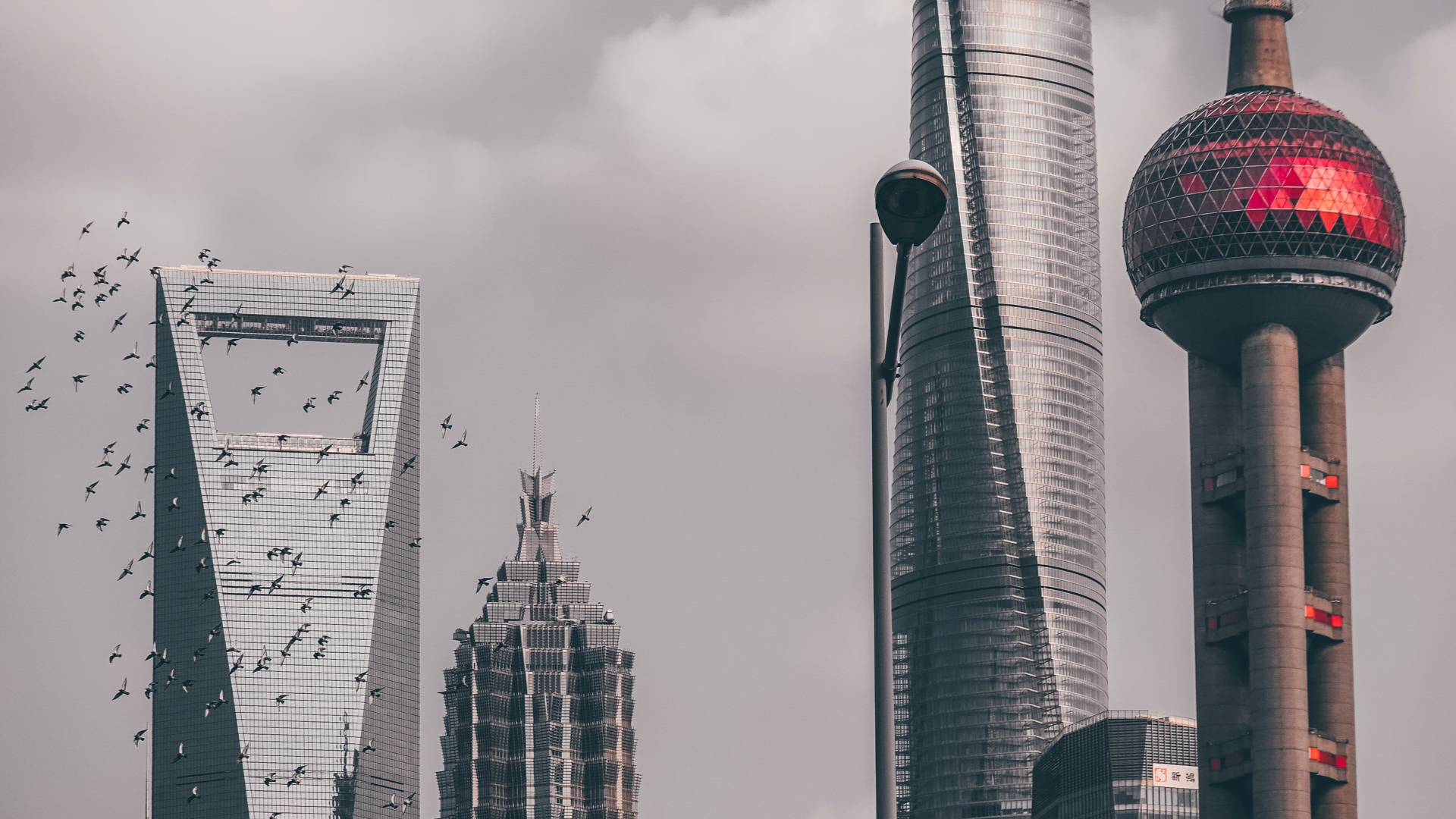
Bluhm: What difference does it make that there are all these debts?
Shih: It’s important in that the existing problem is so huge. Debt is 200 to 300 percent of GDP. If there’s a financial crisis in China, it would be catastrophic. The different scenarios all involve a massive devaluation of the renminbi. There’ll be enormous problems in the banking sector. There will be zero to negative growth for at least 10 years.
If economic slowdown leads to financial crisis, that’s a very bad outcome for the Party and Xi Jinping. He’s stated a number of times that he wants the China Dream. The China Dream is that China will grow into a middle-to-high-income country by 2035 and becoming one of the premier global powers, with technological and military superiority over most countries, maybe including the United States.
If there was a dramatic slowdown in China’s growth and a financial crisis that leads to the devaluation of the renminbi, China would be unable to reach these objectives. For Xi Jinping, that would be a very bad outcome. This is why he has emphasized that he does not want any manifestation of systemic risk in the Chinese financial system.
But he doesn’t entirely understand that the only way to prevent any signs of systemic risk is to keep the bubble going. By telling regulators that they have to prevent some kind of blowup, the bubble is just going to get bigger.
Debt is 200 to 300 percent of GDP. If there’s a financial crisis in China, it would be catastrophic. The different scenarios all involve a massive devaluation of the renminbi. There’ll be enormous problems in the banking sector. There will be zero to negative growth for at least 10 years.
The recent events related to Evergrande illustrate this. I never believed that the Chinese government would pop the property bubble, because that would go against all the dictates of Xi Jinping. Now they’re walking back some of the new, stricter policies and allowing property developers to borrow money again.
Bluhm: There are some signs of social unrest in China. Income inequality is rising, and people are increasingly likely to stay in the social class into which they were born. Wealthy families are spending exorbitantly on tutoring for their children. The population is aging rapidly, because of the previous one-child policy. Young people talk about the “996” lifestyle: working from 9 a.m. to 9 p.m. six days per week. How do Chinese people view their prospects?
Shih: The Chinese word is involution—nei juan: There’s this competition, especially among young people, to invest more and more into their education and career development, but they’re not getting more in return. This is a common phenomenon around the world. You see this in the United States, also.
But in China, because the economy is more focused on technology and industrial production instead of services, involution is more severe. In the U.S., even if you don’t have a lot of education, you can operate a business or start some small-scale business and still be fairly profitable. This is increasingly difficult to do in China, because consumption was never a big part of the economy and, after Covid, has become a smaller part of the economy.
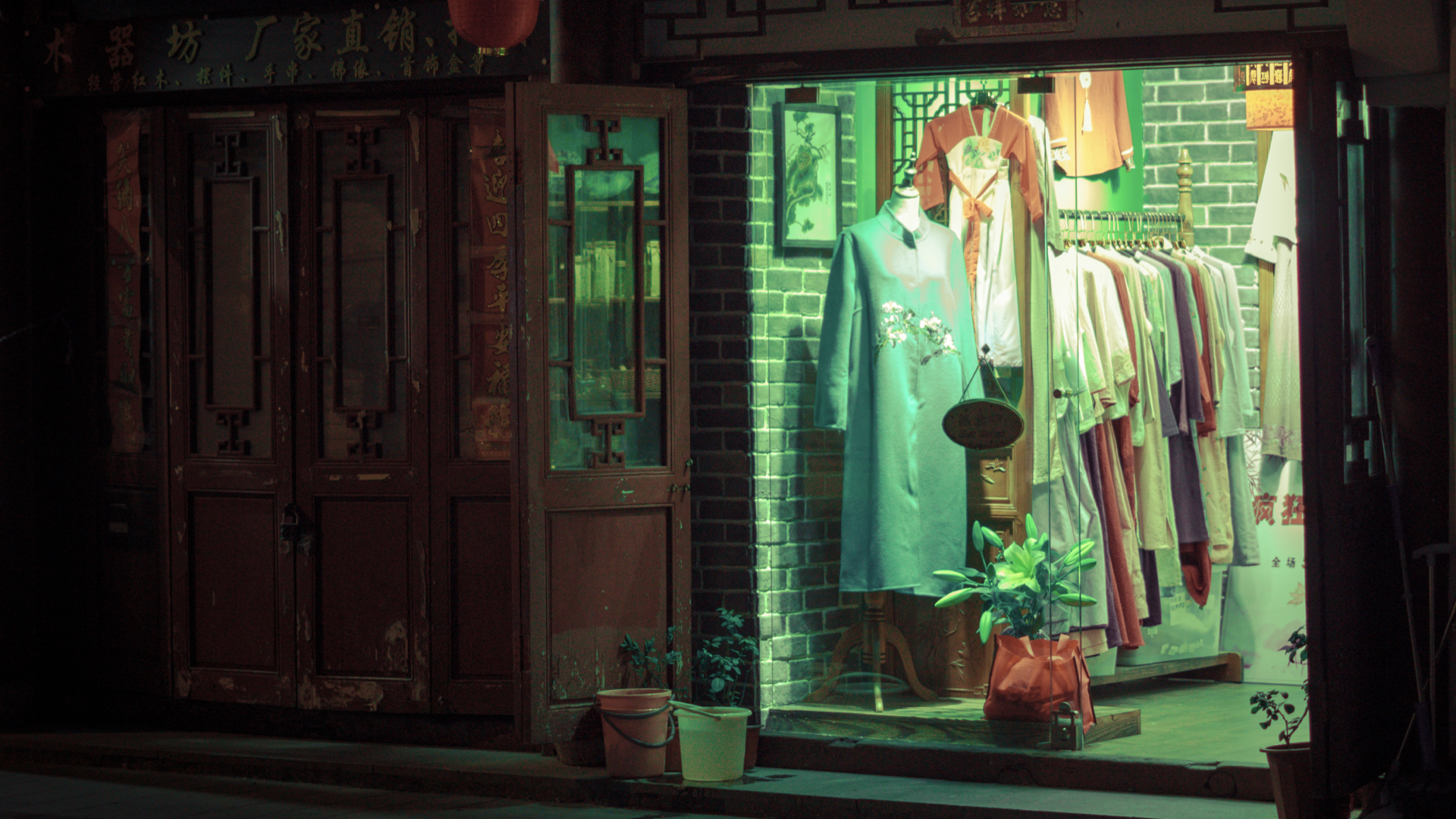
The popular perception is that the most desirable jobs are in the top tech companies in China—Alibaba, Tencent, and so on. It takes a lot of investment—starting at a very young age—to raise a child who can get a job in one of these companies, where you earn top dollar, have good job security, and are able to afford the astronomical cost of housing in the key cities of China, like Shenzhen, Guangzhou, Hangzhou, and Beijing. These are the tech hubs.
Failing that, people—especially parents who work in the Chinese government—try to get their children a job within the Chinese government. There is this hereditary passing of positions within the government. Even though the salary is relatively low, it comes with guaranteed employment and good benefits, compared to private companies or being an entrepreneur.
For lower-end white-collar jobs or blue-collar jobs, the situation is not as dire as some people portray it. On the one hand, they don’t have a lot of job security—there’s a lot of gig work. But on the other hand, because labor is fairly mobile, wages are very sensitive to demand. Where there are huge spikes in demand, the wages go way up. Some blue-collar workers in major cities have very high incomes. The problem is that they don’t have any job security, they don’t have a lot of benefits, and, socially, they’re looked down on.
Given the great economic power of China, why shouldn’t China be more assertive internationally? This feeling is widely shared, and it’s apparent that Xi feels very strongly about it.
There’s a lot of discrimination against migrant workers in major cities. Migrant workers don’t receive social services, they are looked down upon, and this has exacerbated the perception of inequality.
Bluhm: What exactly does involution mean?
Shih: Economic historians came up with this term. It’s the idea that even when you put more and more into the soil, you’re not increasing your crop yields. It has to do with poor soil quality—even when you put in more fertilizer or more seeds, the crop yield is still the same or even lower. People are using it in the context of raising children in China. You put a lot of money in tutoring, making sure they go to fancy schools, paying a lot of money to get people into Harvard. Chinese parents are paying millions of dollars, but are their children going to make millions of dollars in the first 10 years of their employment? Oftentimes, the answer is no.
Bluhm: Despite China’s rising military prowess, the country seems to be having problems in its relations with countries in the region—for example, Australia signing a defense agreement with the U.S. and U.K. Relations with India are also deteriorating. Why are relations becoming more hostile with these countries?
Shih: It’s a product of Xi Jinping’s impatience about China—and, indirectly, himself—having great-power status, and also of this mismatch between political systems.
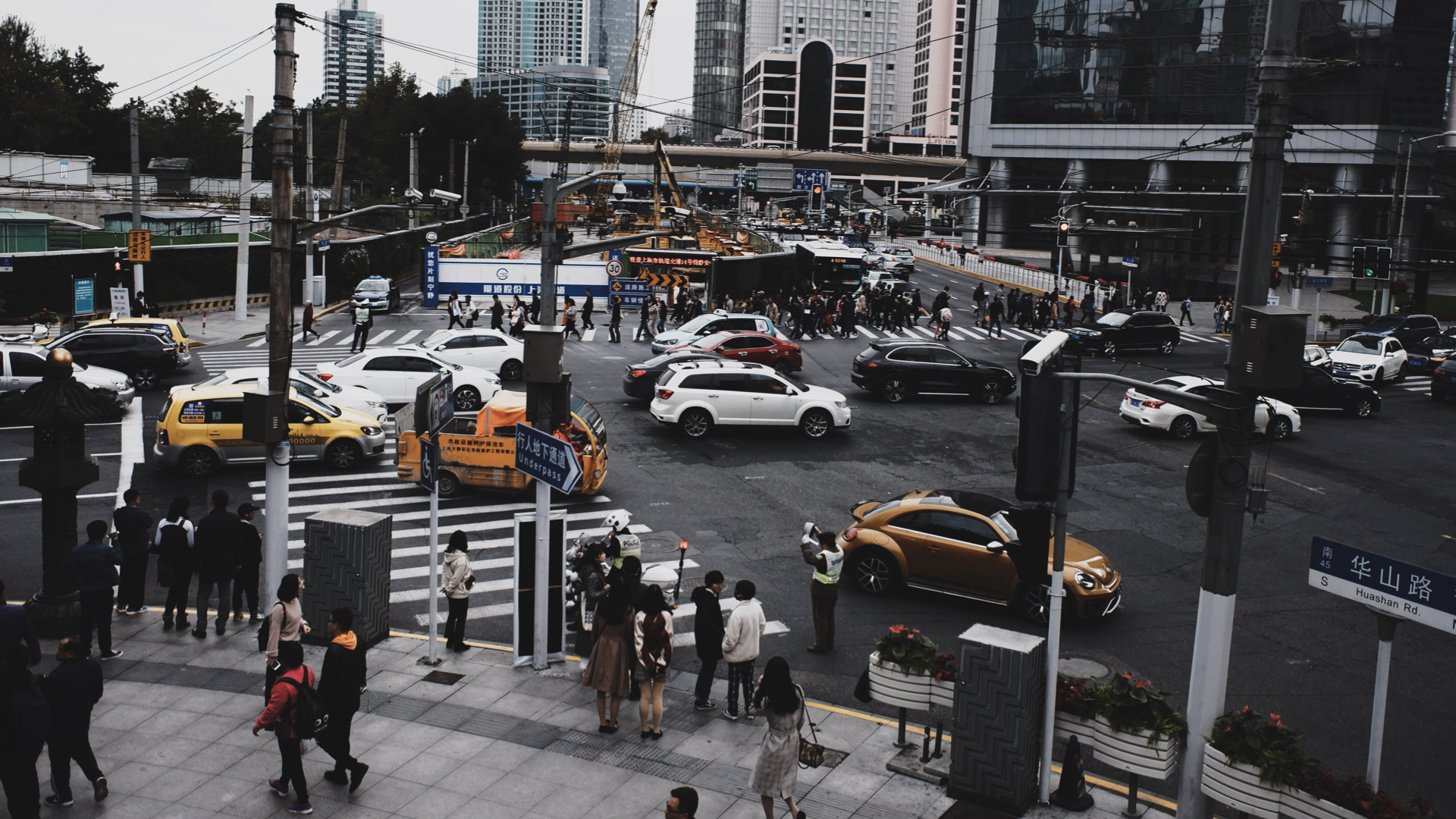
Xi Jinping and others in his generation witnessed China’s economic rise, basically an economic miracle—China went from being one of the poorest countries in the world to, by far, the largest economy among developing countries, and catching up to every economy except the United States. Given the great economic power of China, why shouldn’t China be more assertive internationally? This feeling is widely shared, and it’s apparent that Xi feels very strongly about it. He talks about China having a voice. In internal speeches, he has said a number of times, Don’t give in. Stand your ground and fight them. Fight Western criticism of China. Chinese diplomats are responding to the dictates of their bosses. They’re arguing, they’re fighting back.
But the leadership doesn’t realize that a lot of the criticism against China in free societies comes from voters. There are all kinds of opinions floating around in these societies. Some of the diasporic communities—Tibetans or Uighurs—see terrible things happening in China. They lobby their members of Congress or members of Parliament. And elected officials have to respond. It’s very difficult for them to brush concerns to the side when their voters care about something.
China’s perspective is, That’s not how our system works; we can just censor a lot of this speech. We can shut people down. Why can’t you do the same thing? It’s a very different political system.
If they believe that the United States will not intervene, then the chances of the Chinese government trying to invade Taiwan will be higher.
China can either live with this criticism or exert pressure to try to eliminate it. China was trying to do the latter, but that generates a huge groundswell of pushback. Now, they’re dialing things back a little. But this tendency to put the burden of not criticizing China on external parties will persist. That pressure is always there.
Bluhm: What does it matter that China’s relations with other countries aren’t always friendly? Does this make conflict more likely? For example, there’s been a lot of heated rhetoric recently about Taiwan.
Shih: Taiwan is the big one. The rhetoric has dialed down a bit. There is this intrinsic desire on the part of Xi Jinping to reunify the “Great Motherland.” But he also recognizes that there is a cost and that the cost could be quite substantial if the United States were to get involved.
The Biden administration has vowed to defend Taiwan. But if there is a perception in China that the United States will not intervene, either because the political calculus has changed within the country or because the United States is in such internal disarray, then that may provide an opportunity for China to make the gamble.
People in China recognize that this is a risk. It’s less of a risk today than it was 10 years ago, because of advancements in Chinese military technology—but it’s still a risk. If they believe that the United States will not intervene, then the chances of the Chinese government trying to invade Taiwan will be higher.

Bluhm: Despite talk about China’s increasing problems, some see the situation in China as less dire. They see Xi Jinping’s moves in the property and tech industries as an attempt to address structural problems to create more sustainable, long-term growth. How do you see the current dynamic playing out?
Shih: The scenario will definitely not happen that Xi Jinping can fix the structural problem and China will be on a healthier path to growth. I’ve said this for the past 10 years. There’s not been a catastrophic financial crisis in China, but the only way to have that outcome has been to not fix the structural problem and to make the bubble even bigger.
Structural reform is not happening. The Party has zero incentive to make that happen, because the cost now is so massive that they won’t do it. So the only path forward is to make the bubble even bigger, except—as we discussed—the return on making the bubble bigger is getting smaller and smaller.
It’s unclear how long this is going to last. I suspect that it comes down to the political issue. As long as there’s a clear, strong authority in Beijing compelling all the different actors—firms, the banks, the financial system, local governments—to orchestrate this very complex process of keeping a financial bubble going, it can continue.
The moment strong political authority is in doubt or disappears, even for a short period of time, there will be chaos in the financial system and the economy. No one knows when that’s going to happen, but when it happens, it’s going to be very spectacular.

